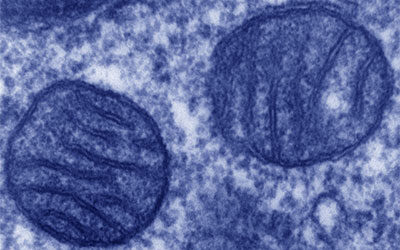Do you know if it’s possible to deduct food costs on my tax return for the Body Ecology Diet and other lifestyle expenses aimed at treating health conditions?
Donna’s response:
A whole host of medical and dental expenses are tax deductible, according to current tax laws. The government defines tax-deductible medical expenses as those that are associated with the “costs of diagnosis, cure, mitigation, treatment, or prevention of disease.”1 The government also allows you to deduct dental expenses and the costs of equipment, supplies, and diagnostic devices.2
According to IRS guidelines, here’s a partial list of some medical expenses that are tax deductible:
- Acupuncture
- Artificial teeth
- Chiropractor
- Contact lenses
- Dental care including X-rays, fillings, braces, and extractions
- Eye surgery
- Insurance premiums
- Laboratory tests
- Operations that do not involve cosmetic procedures
- Psychiatric care
- Psychologist
- Sterilization
- Stop-smoking programs
The IRS does specify that any deductions you take are for medical expenses that actually treat or prevent an illness. Medical expenses for general health, like vitamins, supplements and vacations, are not eligible.
Are Special Foods and Supplements Tax Deductible?
Tax deductions for special dietary needs are more regulated. The IRS states that you “cannot include the cost of diet food or beverages in deductible medical expenses because the diet food and beverages substitute for what is normally consumed to satisfy nutritional needs.”3
If, however, you are on a special diet that has been prescribed by a doctor for a specific medical condition, you may be able to deduct the cost of special dietary foods for the amount in which they exceed the normal cost of food.
Still, you may be able to deduct the cost of special foods if they meet all of the following requirements:4
- Your foods alleviate or treat an illness.
- Your physician agrees with your need for the special food.
- Your foods do not satisfy “normal” nutritional needs.
If your foods meet all the requirements, you can deduct the amount you pay for special foods that is over and above the cost of a regular diet. Make sure that you talk to your doctor about the diet and the role it plays in your health, especially if you have a chronic disease or illness that the diet addresses.
There are many questions about whether gluten free and casein free foods can be deducted from taxes, since they are needed for diagnosed medical conditions like celiac disease and autism. Other questions often arise about nutritional supplements like probiotics, which can include the cost of fermented foods and drinks to heal candida, autism and other diagnosed medical conditions.
As for nutritional supplements, the IRS states that in order to be tax deductible, nutritional supplements must be prescribed by a doctor for a specific medical condition. If you have questions about these foods and nutritional supplements, we encourage you to talk to your physician and your medical advisor to find out if your health expenses can be included as a tax-deductible medical expense.
It might take some time and effort to document your expenses related to Body Ecology, but in the long run, it could be worth it.
The General Guidelines
You can deduct only the amount of your medical and dental expenses that is more than 7.5% of your adjusted gross income (Form 1040, line 38).
So if your adjusted gross income is $30,000, then 7.5% is $2250. If your deductible medical expenses are more than $2250, then you can deduct them.
Healthy Tax Deductions
Are you ready to take the tax deductions that help your health? Get familiar with all the ins and outs of tax deductible medical expenses in IRS Publication 502, and make sure to ask your accountant or financial advisor to go over any new deductions with you in detail.
Donna










0 Comments